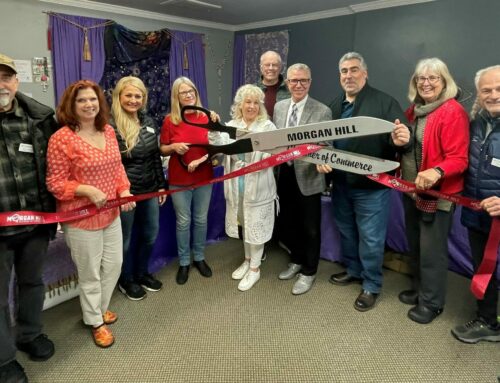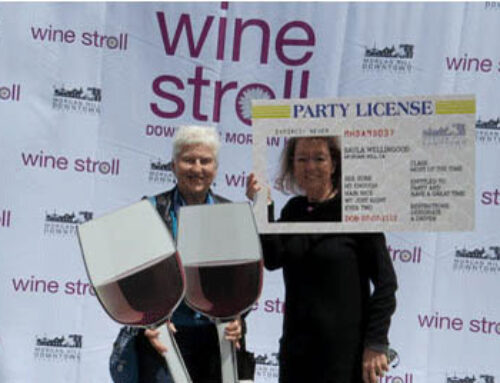Published in the September 28 – October 11, 2016 issue of Morgan Hill Life
By James Ward

James Ward
I had originally planned to write something different for this column, but this morning I received a call from an attorney friend who was trying to help his aunt.
The aunt is in her late 90s and has had advanced Alzheimer’s for a number of years. She doesn’t live locally, but my friend knows that she has enough income to pay for her apartment rent, utilities and food. It turns out that the aunt had to be hospitalized because a grandson was physically beating her. The hospital reported the abuse and it became public.
Several family members had been living with the aunt because she was the “golden goose” with her income, and they could live there for free and use her money to buy food. Other family members didn’t report the known abuse because they didn’t want to lose their golden goose.
The physical abuse is certainly elder abuse, and the case likely involves financial abuse as well because the aunt’s income was being used to support several other people to her detriment.
The first step in these cases is generally to call the Adult Protective Services office in the county where the elder resides. They have the resources and trained personnel to handle these cases. Our tax dollars support this, and the people are there to protect our elders.
Some people are mandatory reporters, but anyone can report what they suspect is elder abuse. The person reporting what they suspect as elder abuse can provide their name and contact information, or they can simply remain anonymous. The people at APS are there to try and protect the elder. If you suspect that an elder is being abused, whether it’s physical abuse or financial abuse, you should report it.
Elder financial abuse is categorized into criminal elder financial abuse and civil elder financial abuse. Theft, embezzlement, forgery, and fraud are criminal elder financial abuse.
The civil elder financial abuse involves taking the elder’s personal or real property for wrongful use or with intent to defraud, or both. It also includes assisting in the taking, secreting, appropriating, obtaining, or retaining the assets of an elder for wrongful use or with intent to defraud, or both, and it also encompasses acts of undue influence, which is defined as excessive persuasion that results in inequity.
I had a recent case where a son moved into his father’s big house and hadn’t paid rent in two years, so the 94-year-old father, who was living in a very old, one bedroom house together with his caregiver friend, was deprived of the rental income he needed to pay for food and medicine.
The son was supposed to pay his father’s utilities, but the gas and electricity had been cut off once, the water department had threatened to cut off his water, and the son had refused to pay for his father’s land line telephone, so it was cut off too.
The son was taking his father’s income and only giving the father $300 a month to live on, which was not even enough to provide food for the father and his caregiver.
Don’t let these things happen to someone you know. You should report elder abuse if you suspect it, and you can report it anonymously if you wish.
The California Bar publishes a good informational pamphlet that can be found at www.calbar.ca.gov/Public/Pamphlets/ElderAbuse.aspx.
Jim Ward is a long-time South Valley resident who resides in Morgan Hill. He raised his children in South Valley and then left for several years while he went to law school in New England and later obtained a post-graduate law degree in Estate Planning at the University of Miami. Jim worked as an Estate Planning and Elder Law attorney in Florida, and then returned home to open his own law firm focusing on both Estate Planning and Elder Law. He maintains one office in South Valley and another in Willow Glen.






